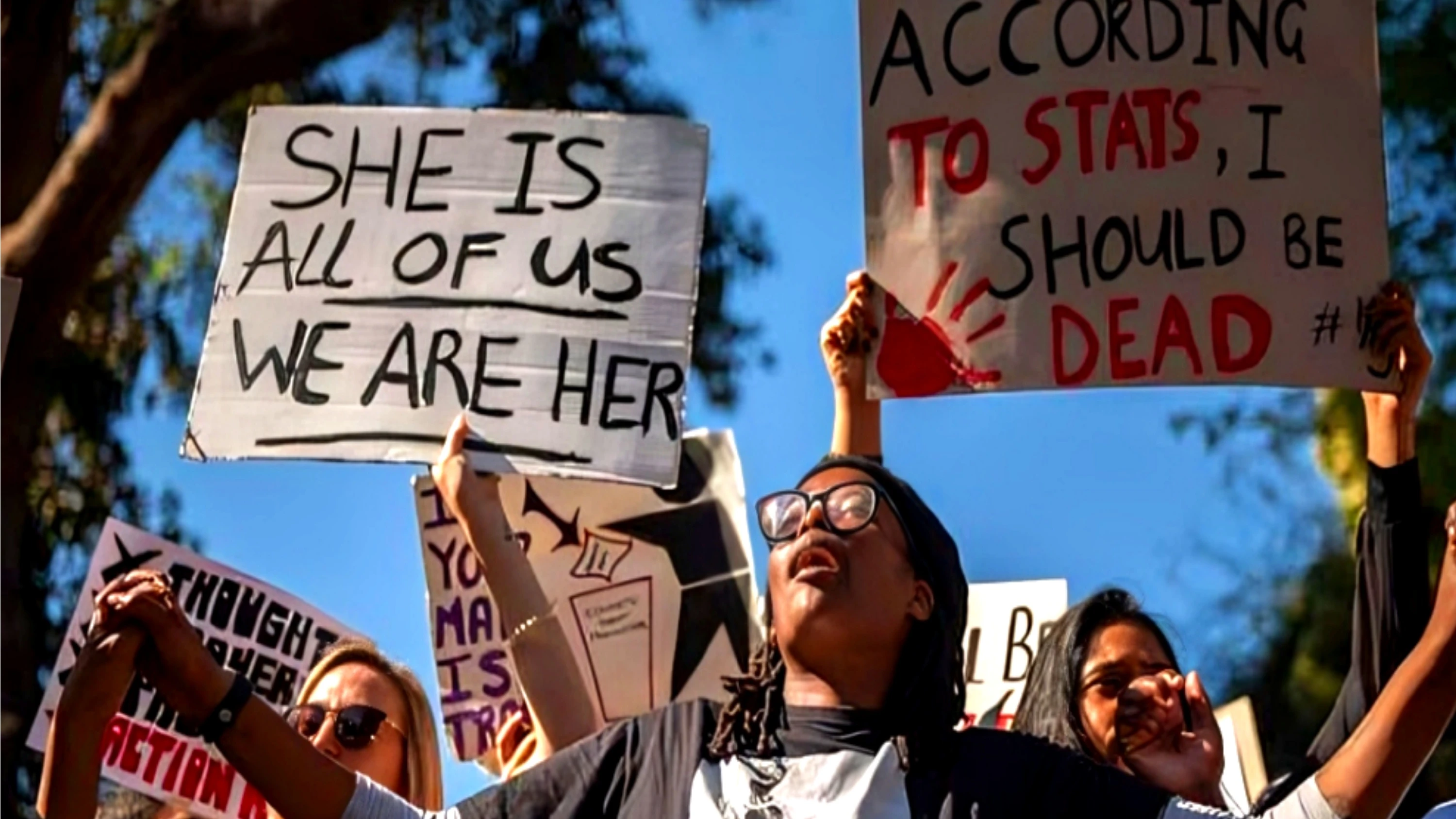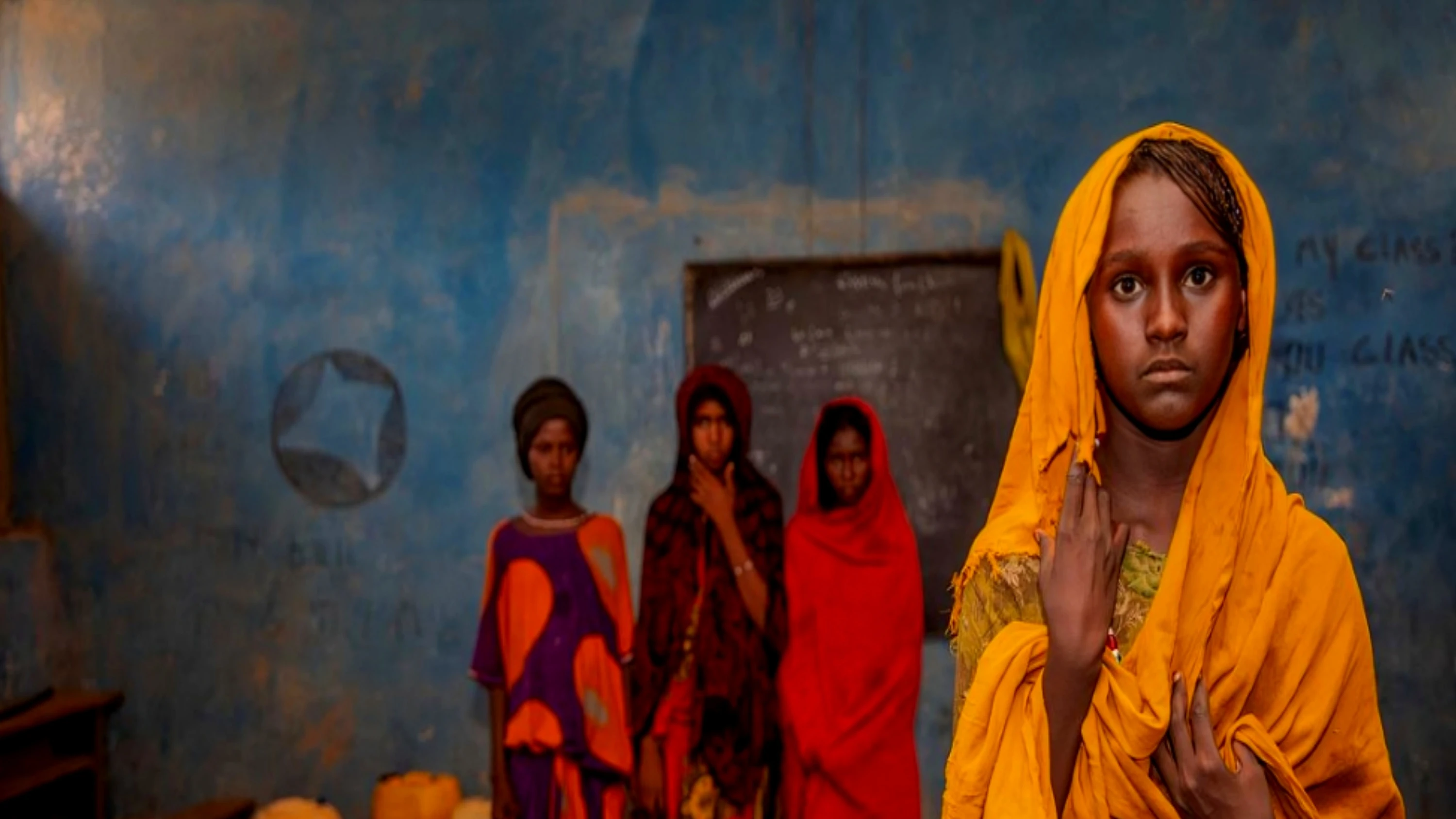Report: A new report from the UN Spotlight Initiative reveals a troubling link between climate change and rising levels of gender-based violence. As the planet warms, the social and economic pressures it creates are putting millions of women and girls at greater risk of abuse, especially in already vulnerable communities.
The findings highlight that extreme weather events, food insecurity, forced displacement, and financial instability are exacerbating violence—particularly intimate partner violence (IPV). The study cites that every 1°C increase in global temperature correlates with a 4.7% rise in IPV cases. By 2090, under a 2°C warming scenario, an additional 40 million women could face IPV annually. If temperatures rise by 3.5°C, that number could more than double.
This rising violence is felt most acutely in fragile regions, where systemic gender inequalities are already severe. In 2023, climate-related disasters affected over 93 million people, while an estimated 423 million women experienced IPV. The report also found spikes in femicide during heatwaves and increases in child marriage, trafficking, and sexual exploitation after climate shocks.
The burden is not evenly distributed. Women living in poverty, rural areas, or informal settlements face the highest risks. Those who are Indigenous, disabled, older, or LGBTQ+ often encounter compounded threats and have limited access to support services.
In sub-Saharan Africa, projections suggest that if global temperatures rise by 4°C, cases of IPV could nearly triple by 2060. Conversely, limiting warming to 1.5°C could significantly reduce the number of affected women.
The report also raises concerns about violence faced by women environmental defenders, who are often targeted for opposing harmful industries. Cases in Guatemala and the Philippines show that women speaking out against illegal logging or mining have faced eviction, assault, and even death.
Despite the urgent need, only 0.04% of global climate finance is currently directed toward gender equality. The Spotlight Initiative argues this oversight undermines climate resilience efforts and calls for gender-based violence prevention to be integrated into all climate strategies and funding mechanisms.
Promising initiatives in countries like Haiti, Liberia, Vanuatu, and Mozambique show that it’s possible to address climate and gender issues together—through efforts like re-skilling women for green jobs, embedding GBV support into disaster response, and deploying mobile clinics in crisis zones.
The report’s message is clear: addressing gender-based violence is not optional. It’s a cornerstone of any meaningful, equitable response to the climate crisis.








